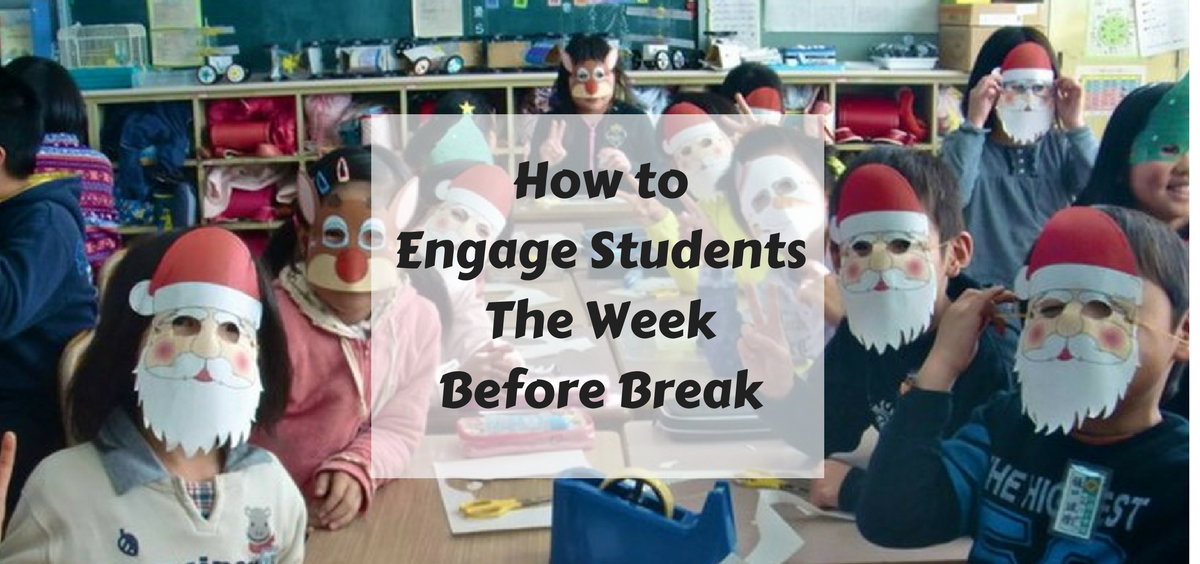 This week we have a guest post written by 4th grade teacher Colin Rust. Colin is also one of the Thriving Young Teachers mentors. One of Colin’s gifts is building a strong classroom community. He finds the strengths of each student and helps students work together to support each other. You will understand why when you read his inspiring post.
This week we have a guest post written by 4th grade teacher Colin Rust. Colin is also one of the Thriving Young Teachers mentors. One of Colin’s gifts is building a strong classroom community. He finds the strengths of each student and helps students work together to support each other. You will understand why when you read his inspiring post.
Huddled Masses: How A Teacher Can be a Beacon of Hope For Students
by Colin Rust.
Each year as a part of our ELA Unit my fourth graders explore the ever invigorating topic of immigration. No sarcasm here, I promise. I find the learning of a horde of people moving very exciting. The idea that at one time millions of people decided to pack up everything they owned, or what would fit in a small backpack, and move halfway across the globe on a whim of a dream, is an adventure of epic proportions. Along with immigration we discuss a famous landmark that has a close link to these journeys: The Statue of Liberty.
This tall, beautiful symbol of hope holds a great deal of meaning to many immigrants both past and present. She stands for hope, for freedom, and for dreams that wouldn’t have come true if some have never made it to America. She holds a blazing torch which ushers souls into the harbor. The students learn a great deal about this gargantuan guide through research and readings; however, this year it wasn’t the seven spikes on her crown that peaked my interest. It wasn’t the fact that she is resting one of her feet, but it was the little poem that is screwed into the base of this beacon of hope.
The poem, entitled ‘The New Colossus’ was written by Emma Lazarus in 1883 as part of a fundraising campaign by the assemblers of the statue, basically the epitome of the “write the best short story” competitions. Lazarus compares the new shining statue to The Colossus of Rhodes, an Ancient Greek statue that welcomes sailors into the city of Rhodes. That’s all fine and dandy but this isn’t a bloomin’ history post, so move on Rust, move on. Anyway she wrote this poem and this poem has a lot to say, and its meaning goes far beyond immigration.
The poem itself is multiple stanzas long, but I will focus on the most famous part:
“Give me your tired, your poor,
Your huddled masses yearning to breathe free,
The wretched refuse of your teeming shore.
Send these, the homeless, tempest-tost to me,
I lift my lamp beside the golden door!”
This little bit of this poem, this sonnet, really spoke to me as a teacher. Think about this. Each year a new ship of fourth grade immigrants leave their homelands and venture to the great unknown. We, as teachers, should be their Lady Liberty (or Liberty Lad, if you will), welcoming them with open arms. Our torches blazing the way to their hopes and dreams.
As educators we need to welcome this group. We need to accept them all as they are. Sure are they all shining, first class voyagers? No. Some come to you a little battered and yes, broken. However as an educator, as a teacher, you have a duty to accept those poor, those tired, and those huddled masses.
Some of these kiddos are coming to you, looking to you as a beacon of hope, a fresh start, a living breathing dream. It is a huge disservice to them to look down upon them based on hearsay from others in the building. I know we all dread “those kids”, the kids that seem to walk the halls with a Google Maps pin on their head. A pin that literally shouts,”Hey! This is that kid that people were talking about!” My challenge every year is to try not to listen to what others say about students. Yes, I welcome any helpful advice, but as far as I’m concerned I’ll form my own opinions after getting to know them.
These “huddled masses” have been assigned me as their teacher. Just as the statue didn’t get a choice to say who floated passed her, we don’t get a choice in which students we get each year. However, instead of throwing a fit about it, or lamenting in the fact that you “got the hard class again”, I believe you need to take the opportunity and look at your students and ask yourself: “What do these students need from me?” How can you take your wretched refuse and turn them into shining examples of upstanding citizens of your classroom community? You might be the best thing for “that kid.” Be the teacher to wash clean that student’s reputation. Be the teacher that will change that student’s life.
And, hey, I’m not perfect. In fact this year I found myself in the same predicament. I had a student who I couldn’t grasp. I couldn’t seem to get a handle on what to do to help this child. Was this the best fit? Would this student thrive somewhere else? And the biggest question, why me? These questions may not have definite answers, but if I put them in the golden light of the New Colossus’ torch, some answers seem to appear. I can do something for this student. I can make a difference. I may not know why I was chosen, maybe it was simply that my roster was short, or maybe I was meant to change this student’s fate.
This year I had to come face to face with that sonnet, pull myself up by my gigantic sea foam toga, and do my best for this student, I needed to give them a chance. And isn’t that what we all want as immigrants coming to a land? Give them a chance. It’s free. It’s easy. It could change a life. Or maybe more.
 Colin Rust is a 4th grade teacher at Brookdale Elementary School in Naperville, Illinois.
Colin Rust is a 4th grade teacher at Brookdale Elementary School in Naperville, Illinois.


 Teacher movies have a reputation for being syrupy, predictable, and clichéd. A typical plot is that of an idealistic young teacher who takes on a class of unruly students and “saves” them by using tough love and encouragement. These are often feel good movies designed to evoke strong emotions and be inspiring.
Teacher movies have a reputation for being syrupy, predictable, and clichéd. A typical plot is that of an idealistic young teacher who takes on a class of unruly students and “saves” them by using tough love and encouragement. These are often feel good movies designed to evoke strong emotions and be inspiring.

